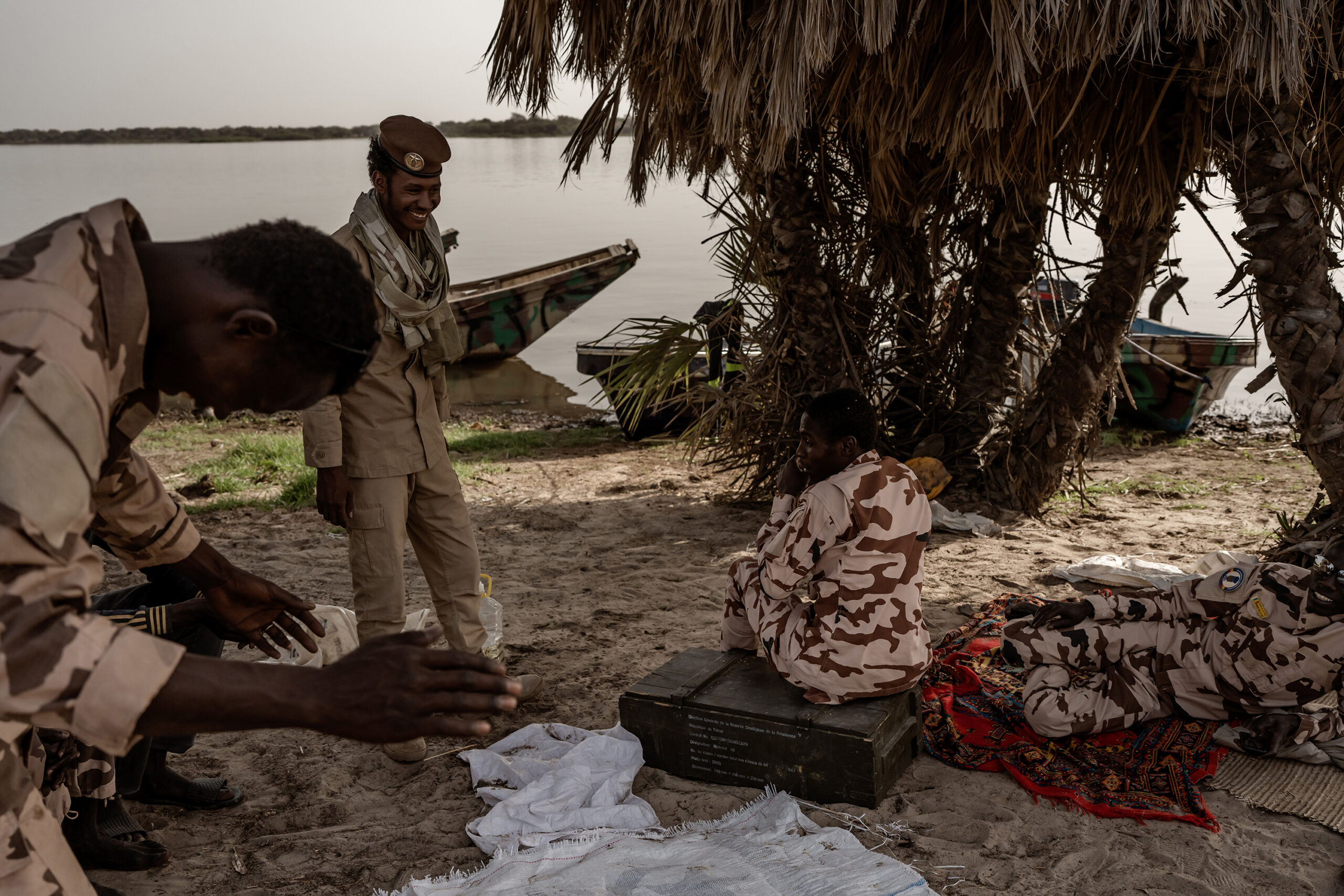KOULKIMÉ, Chad (THE WASHINGTON POST) – Alhadji Yaro was a teenager when Boko Haram militants stormed onto his island in the vast, blue-green waters of Lake Chad and made villagers an offer at gunpoint.
“‘We will give you good lives,'” he recalled the fighters’ saying as they urged young men to join them. “‘You will have everything.'”
Yaro felt fear mixed with curiosity. He said he had grown up during a time of relative abundance, before changes in the weather started to mean smaller and smaller harvests for his family. Then, a few months before Boko Haram showed up in 2015, a flood destroyed their crops of corn and millet, leaving Yaro’s family with nothing.
Throughout the Sahel, the region that stretches across Africa below the Sahara Desert, climate change is raising temperatures, increasing droughts and making rainfall less predictable, researchers say. These changes, in turn, are helping fuel Boko Haram, an Islamist extremist movement born in the 2000s in northern Nigeria out of political grievances, and stoking its violence, according to interviews with former militants, local leaders, military officials and researchers.
Climate change, they say, is reducing the economic prospects of young men in this part of Africa and making them more susceptible to recruitment by violent extremists. This dynamic reflects a broader finding by the United Nations this year that the opportunity for jobs, rather than religious ideology, is the main reason that people join extremist groups across Africa.
Local residents and researchers say that climate change also fosters conflict in the Lake Chad region, as extreme hunger pushes people to begin fishing and farming in areas controlled by extremists. The Lake Chad area – where the borders of Chad, Nigeria, Cameroon and Niger converge – has provided bases for Boko Haram and other militant groups since 2014.
Military officials at the US Africa Command said they view climate change as a “threat exacerbator” in the Lake Chad region and elsewhere. They said they are closely studying the connections between climate and conflict, because Africom’s area of responsibility involves some of the Sahelian countries most vulnerable to climate change, including Mali and Burkina Faso, where Islamist violence is spiraling. An official in the French military, which has one of its largest African bases in Chad, agreed that climate change contributes to the conflict.
Worldwide, more than half of the 20 countries considered most vulnerable to climate change are experiencing armed conflicts, according to a report by the International Committee of the Red Cross (ICRC). Chad, a landlocked nation of 17 million, is ranked the third-most vulnerable.
“Climate change didn’t cause this conflict, but it is compounding existing dimensions of the conflict,” said Janani Vivekananda, the head of climate diplomacy and security with Adelphi, a German think tank. “Then the conflict reduces people’s ability to cope with climate change . . . which then creates new conflict.”
Yaro, who has lived in a dusty displacement camp since surrendering to Chadian soldiers, said the riches that Boko Haram promised never materialized.
“When I got there, all they gave me was a gun,” said Yaro, now 26, his eyes downcast as he remembered details of the years he would rather forget. “They told me that if I wanted to eat, I’d have to go and fight.”
Scientists predict that as the world warms, the Sahel will be a hot spot, with temperatures here estimated to rise 1.5 times faster than the global average. It is likely that by the middle of this century, more than 40 days a year will exceed 95 degrees Fahrenheit, according to the UN Intergovernmental Panel on Climate Change. Water shortages will increase and crop productivity will decline, the IPCC found.
Cameroonian Brigadier General Assoualai Blama, who helps lead a multinational force combating the insurgency, said the military has been defeating Boko Haram. But when he thinks about the future of the Lake Chad region, he worries, he said. The changing climate means there will be fewer economic resources to split among a growing population. Conflict, he fears, is inevitable.
Already, some former Boko Haram members say they feel trapped. After spending a few months in re-entry camps run by the military, the men were released back to their families. But these days, they explained, there are even fewer opportunities than before because of the increasingly erratic weather and the shrinking area that is both arable and safe from extremists.
Ahmat Souleymane, 30, was a fighter with Boko Haram and then ISWAP. In the years since he escaped from them, he said, his wife and child have died of sicknesses that he blames on poor living conditions.
Now, he admits, he’d be ready to return to the militant fold – if only the groups would not kill him as a deserter.
“Dying here is not a solution,” he said.






